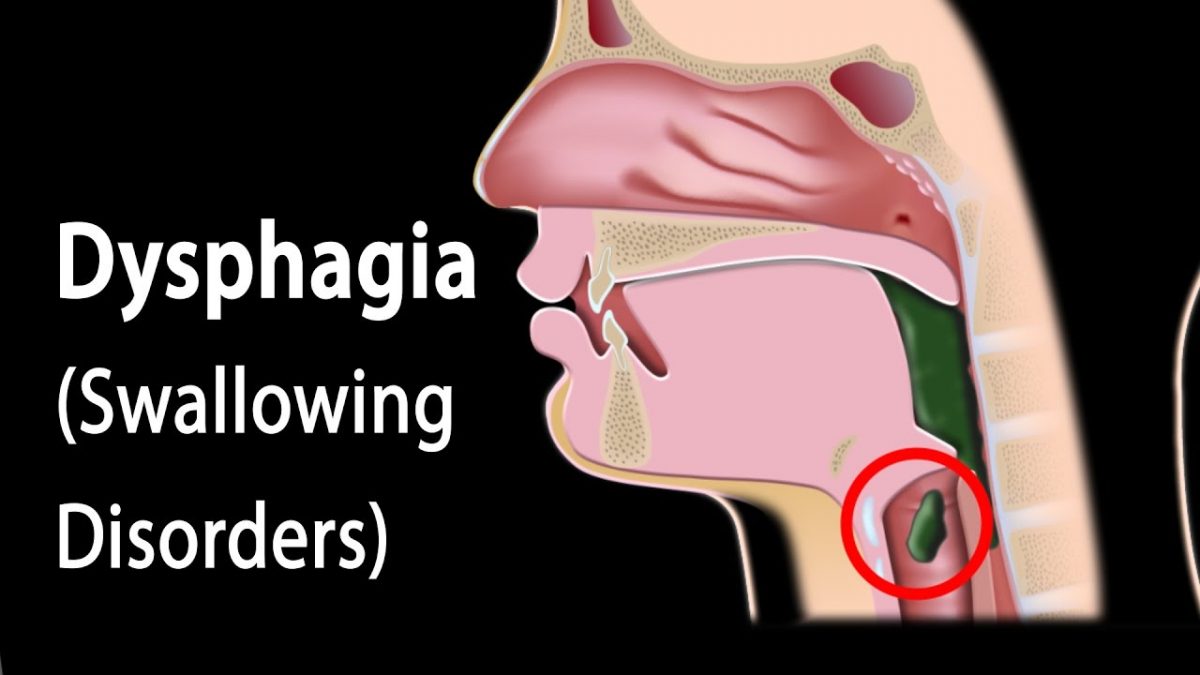Dysphagia is a type of health condition where a person experiences difficulty in swallowing. In this condition, the person requires more effort and time to move liquid or food from the mouth to the stomach. This health condition may often be related with pain and in certain cases, it may get almost difficult to swallow. At times, one may find it difficult to swallow, which usually occurs while eating too fast, or when the food is not chewed properly. This is not usually related to dysphagia. If the condition is found to be persistent, it is advisable to consult a top gastroenterologist in Kolkata.
Dysphagia may occur in anybody irrespective of age, but it is commonly visible in older people. Swallowing problems occur due to different reasons in different people, and treatments usually depend on the causes.
Symptoms:
Some common signs and symptoms related to dysphagia are as follows:
-
Experiencing pain while swallowing
-
Unable to swallow
-
Drooling
-
Having a feeling that food is getting stuck in the throat
-
Being hoarse
-
Bringing food back up
-
A burning sensation in the heart
-
Experiencing a stomach or food acid
-
Losing weight unexpectedly
-
Gagging or coughing while swallowing
-
Having to avoid a certain type of foods due to difficulty in chewing
When to consult a doctor:
If you are consistently experiencing trouble while swallowing, or if it is accompanied by vomiting and weight-loss, then it is better to consult the best gastroenterologist in Kolkata. If you feel something is obstructing your breathing, immediately call for help. If you experience difficulty in swallowing because of the food getting stuck in your throat, then visit the nearest hospital.
Types:
Dysphagia is usually of two types:
-
-
Esophageal dysphagia:
It is used to describe a situation where a person feels discomfort due to the sensation of food getting stuck in their throat or chest just when they try to swallow.
-
Oropharyngeal dysphagia:
In this case, the throat muscles become weak, causing difficulty in moving the food from the mouth into the throat and ultimately the esophagus when one attempts to swallow.
-
Risk factors:
According to top gastroenterologists in Kolkata, dysphagia could be associated with the following risk factors:
Aging:
Due to the gradual aging of the esophagus and a higher risk of certain health conditions, such as Parkinson’s disease or stroke, older people are at greater risk of experiencing these difficulties. However, dysphagia is not considered to be a normal symbol of aging.
-






Leave A Comment
You must be logged in to post a comment.